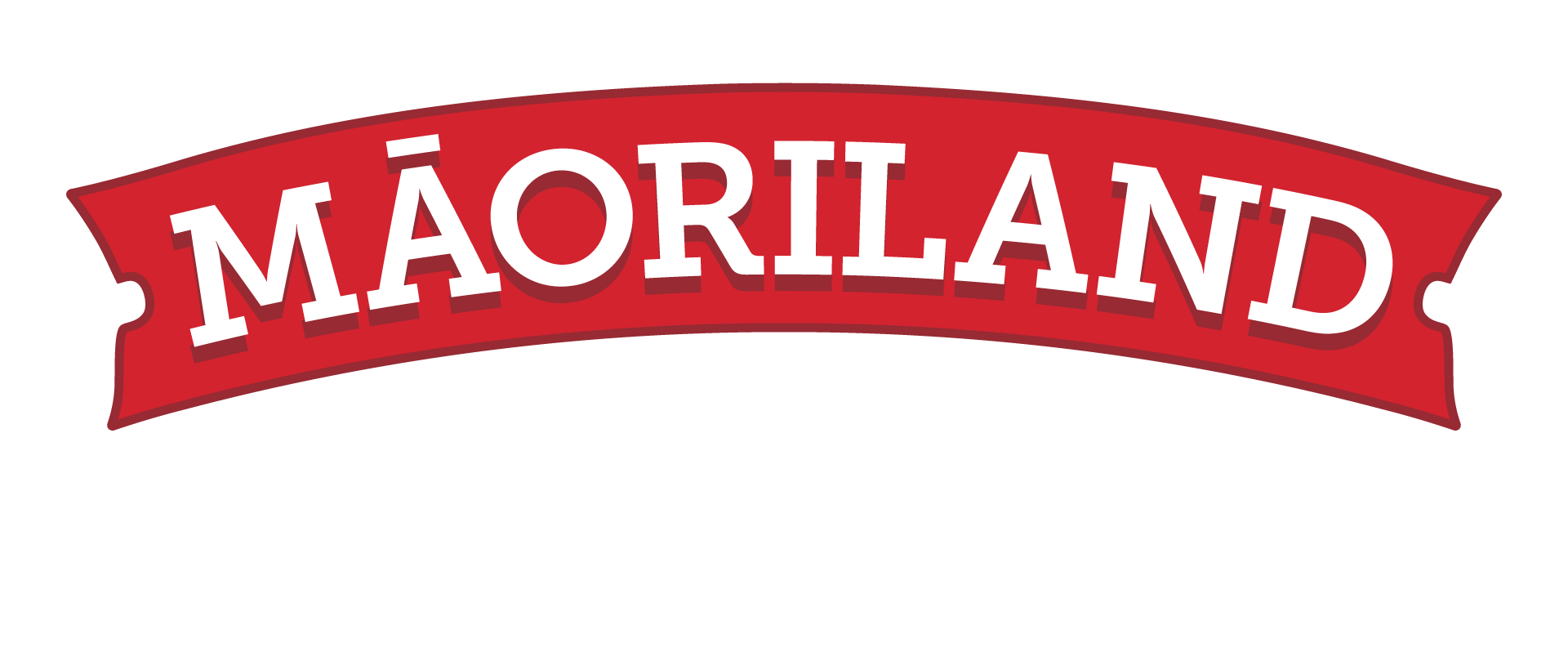Hou mai koe ki roto i te whare kōrero o Māoriland. Ko tōna tāhuhu ko te iwi, ko te poutāhu ko te mana o te kupu, ko te poutuarongo ko te ira tangata. Kei waenga ko te poutokomanawa o te aroha noa. Ka mutu, ko ngā pou koko ka titi iho ki te whenua ko ēnei:
We bid you entry into our Māoriland house of stories. The ridgepole is the people, the front post is the authority of the word, the rear post is the essence of our humanity. Between them we find the support pillar of love. The posts that anchor the corners to the land are these:
CELEBRATION
Māoriland celebrates the rise of indigenous cinema. It invites filmmakers from around the world to share their compelling big screen stories with us, and with each other.
INSPIRATION
Māoriland upholds the authority and inspiration of our storytellers. We are guided by our elders, and taught by our children. The festival assists our community to expand their perspectives and to connect with those from other cultures.
RESPECT
Māoriland is rooted in the traditions and language of the tribes of Ōtaki. It is our honour to extend hospitality to the many visitors to the festival.
INCLUSION
Māoriland provides a portal to the indigenous world for all people. It assists social cohesion, a sense of pride, and the informed wellbeing of our community.
Māoriland Film Festival is an international indigenous film festival that celebrates indigenous voices and storytelling in film. Each March, Māoriland invites indigenous films and their creators to Ōtaki on New Zealand’s Kāpiti Coast for five days of screenings, workshops and special events.
Māoriland considers film, video, audio, digital and interactive media works made by indigenous creatives from around the globe. To be eligible for submission, an indigenous creative must be credited in a key role such as director, producer or screenwriter.
While a key creative involved in the project must be indigenous, the issue or content of the film may be non-indigenous. This recognises the diverse experiences, identities and perspectives of indigenous people(s), worldwide.
The festival programming panel may consider at its discretion films that have no key indigenous creatives but have been created in association with indigenous people or communities. References will be requested for films submitted under this category.
‘Indigenous’ includes First Peoples, Native, First Nations and Aboriginal peoples who belong to; or who have had an uninterrupted relationship with their land. This is distinct from those people who have arrived from another place to live in a country.
